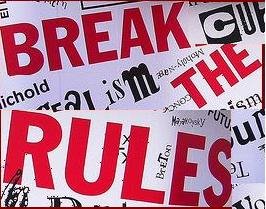I’ve been improvising for about 17 years now. The last 3 or so have also seen me take on a position as a software developer. In this position, I’ve been working with a team that has been utilizing an Agile method of software development. For the past few days, I’ve been rolling the idea around in my head that the reason that Agile development clicks so well with me is that it is actually quite similar to improvisational theatre.
I think the analogy works particularly well when you compare improvisational theatre to traditional scripted theatre (much as you would compare Agile development to traditional Waterfall development), so let’s do that. In all these cases, I’m letting the actors play the role of the developers, while the audience and/or the production crew play the role of the business folks.
First off, let’s be clear: there’s nothing wrong with Waterfall development, just like there’s nothing wrong with scripted theatre. Agile and improv are simply a different way at looking at how the goal should be accomplished. Improv does not make every theatre experience better, just as there are projects wherein Waterfall development is absolutely the correct choice. Also, whenever I talk about improv here, know that I am really referring to some platonic ideal of improv. In practice, some of these things fall by the wayside or are forgotten entirely, usually to the detriment of the show. That being said, remember that I am heavily biased towards improv, so keep that in mind as we look at the differences. Continue reading

